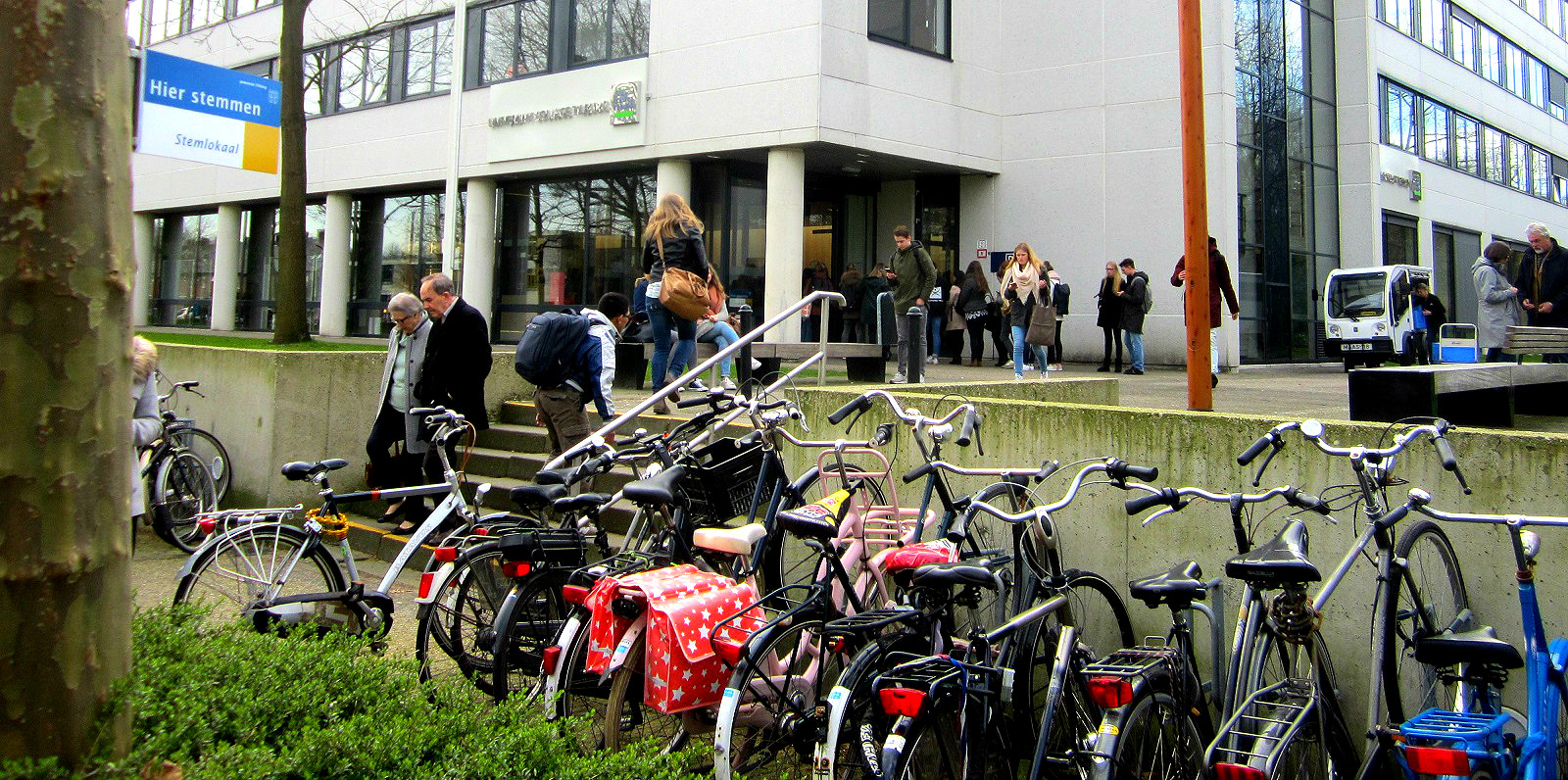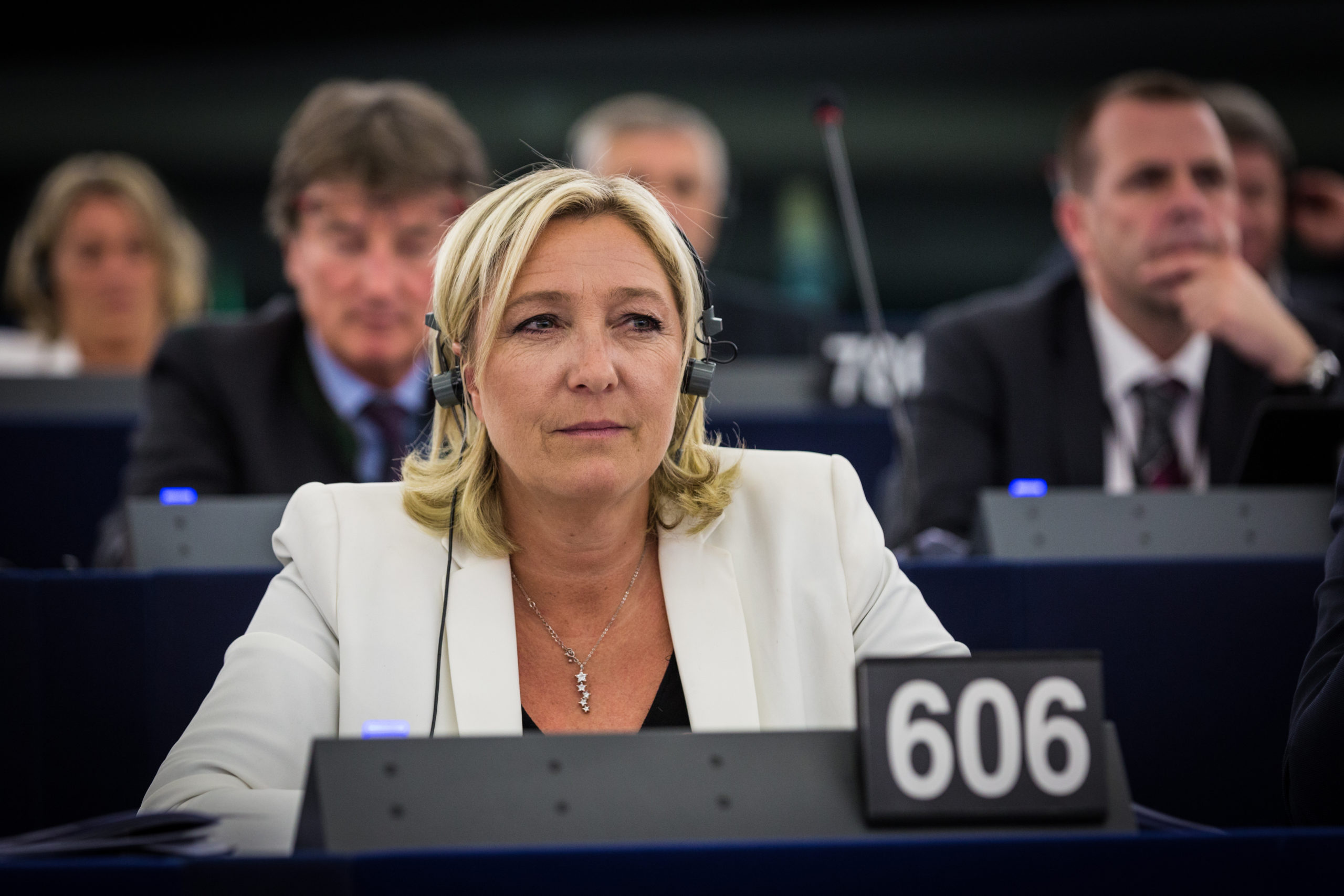International students discuss the Dutch elections
The day that has long been anticipated has finally arrived: Dutch Election Day. After major consequences of the Brexit-referendum and the American elections, all eyes are on the Netherlands now. But do the international students of Tilburg University have any clue what’s going on?
“I know that there are elections today, but I don’t know much more than that”, Ana Coquil, a Liberal Arts and Sciences student from France, says. “I do know that there is this large populist party, the PVV, and this big left-wing party. Also, I know that the prime minister is not really well-liked, but that he’s actually not so bad.” Coquil is not so worried that the elections will affect her in any way. “Unless the government decides to stop food-supplies or something, but otherwise I don’t think it matters too much for me.”
Coalition
Geert Wilders, the infamous leader of the PVV, has promised his voters that the Netherlands will leave the EU. Whether this promise is realistic, is questionable. Unlike countries like the United States, the Dutch system of proportional representation requires parties to collaborate to reach a majority in the House of Representatives. Most parties are not particularly keen to collaborate with PVV. Some have even promised not to collaborate with PVV at all, no matter the circumstances. Even if PVV finds enough parties to collaborate with, those are highly unlikely to agree to extreme measures like Nexit.
European elections
The Dutch elections are the first in three crucial European elections this year. In France, support for far-right, anti-EU Marine Le Pen contender is increasing quickly as next month’s elections approach quickly. Germany will have its elections in September. They too have a right-wing party on the rise, which is expected to win seats for the first time in the upcoming elections.








